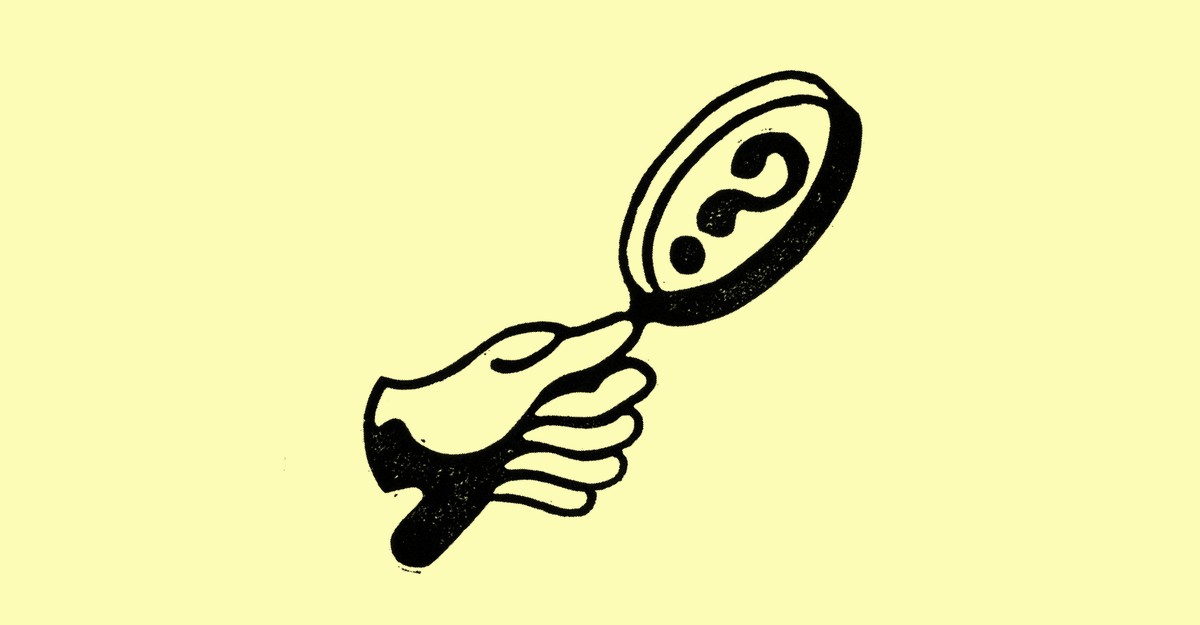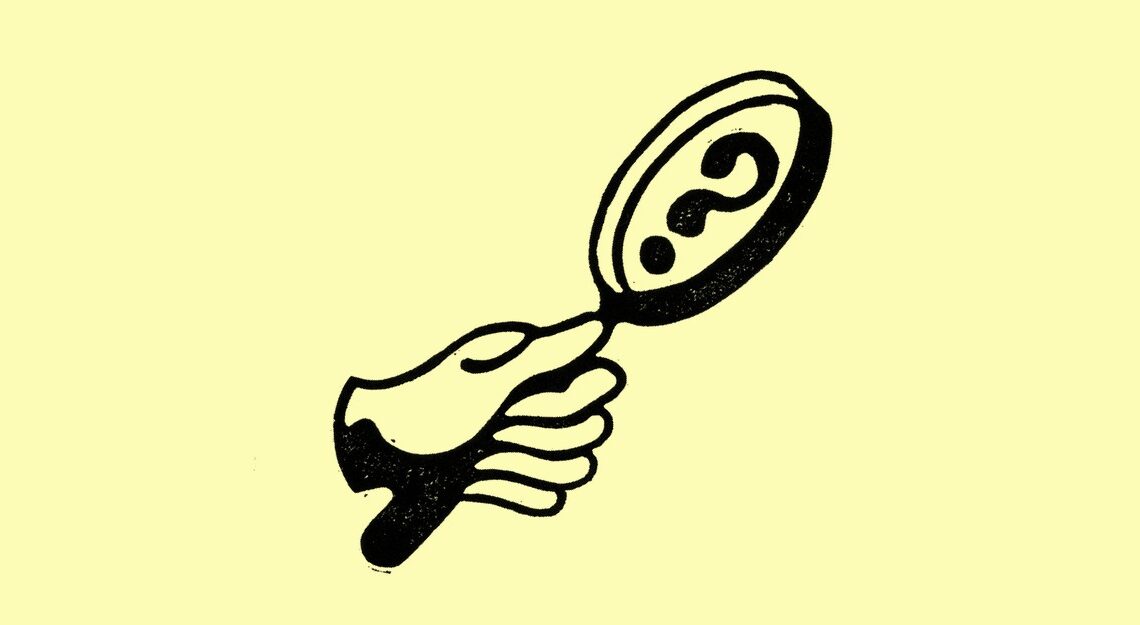
The famed 19th-century lexicographer Samuel Johnson was a lover of learning. As the dictionary maker once wrote, he dedicated his life “wholly to curiosity,” with the intent “to wander over the boundless regions of general knowledge.” (He was additionally a lover of getting bored and moving on, writing of how he “quitted every science at the first perception of disgust.” Respect.)
Perhaps Johnson’s greatest legacy, though, was his ardent belief that one didn’t have to know all the answers so long as one knew where to find them. For Johnson, that place was usually in his reference books. For you and this trivia, it’s right here in The Atlantic.
Find last week’s questions here, and to get Atlantic Trivia in your inbox every day, sign up for The Atlantic Daily.
Monday, November 10, 2025
- The film Bugonia takes its name from the ancient belief that a cow’s carcass could spawn what pollinators, whose numbers have declined dangerously in recent years?
— From Shirley Li’s “An Intimate Portrait of Humanity at Its Worst” - Hours before the government shutdown caused millions of Americans to lose their food stamps, Donald Trump hosted a decadent Halloween party at Mar-a-Lago with what F. Scott Fitzgerald novel as its theme?
— From Jonathan Chait’s “Senate Democrats Just Made a Huge Mistake” - Mark Twain once said that when a speaker of what language dives into a sentence, you won’t see him again until he reaches the other side of the ocean, carrying in his mouth the verb—which this language frequently places much later in a sentence than where it would occur in English?
— From Ross Benjamin’s “The Costs of Instant Translation”
And by the way, did you know that interpreting by whispering real-time translations into someone’s ear is known as chuchotage? The word is French, so soften those ch’s into sh’s, make that g into a velvety zzzhh, and recognize just how whispery the word itself sounds; that’s why the French formed it that way in the first place.
Until tomorrow/à demain!
Answers:
- Bees. The word bugonia is never uttered in the Yorgos Lanthimos project, Shirley notes, but the idea of life from death—on a planetary scale—is central to his study of a moribund civilization. Read more.
- The Great Gatsby. I can’t say for sure that this was a reason public polling on the shutdown looked so bad for Trump, but I have a hunch, old sport. Jonathan writes that Democrats were likely surprised that the shutdown they’d forced was drawing political blood, and that they made a huge mistake in withdrawing the knife. Read more.
- German. Benjamin writes that German’s delayed-verb structure invites uniquely collaborative conversations for learners; his partner would often supply at the very end of the sentence the verb that Benjamin was grasping for. That sort of beauty gets lost when learners rely on machine translation. Read more.
How did you do? Come back tomorrow for more questions, or click here for last week’s. And if you think up a great question after reading an Atlantic story—or simply want to share a wild fact—send it my way at [email protected].
The post Today’s Atlantic Trivia: Twain on Language appeared first on The Atlantic.




